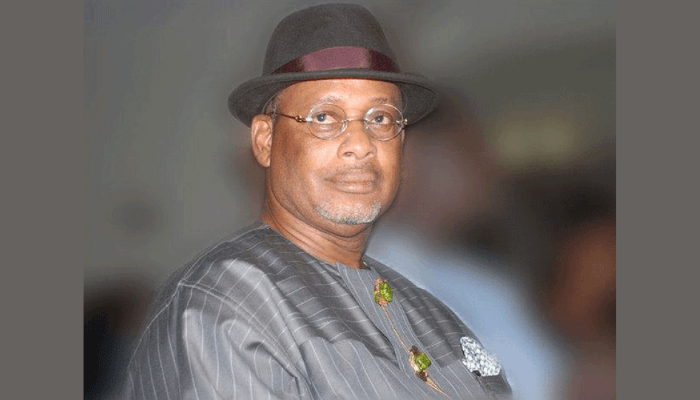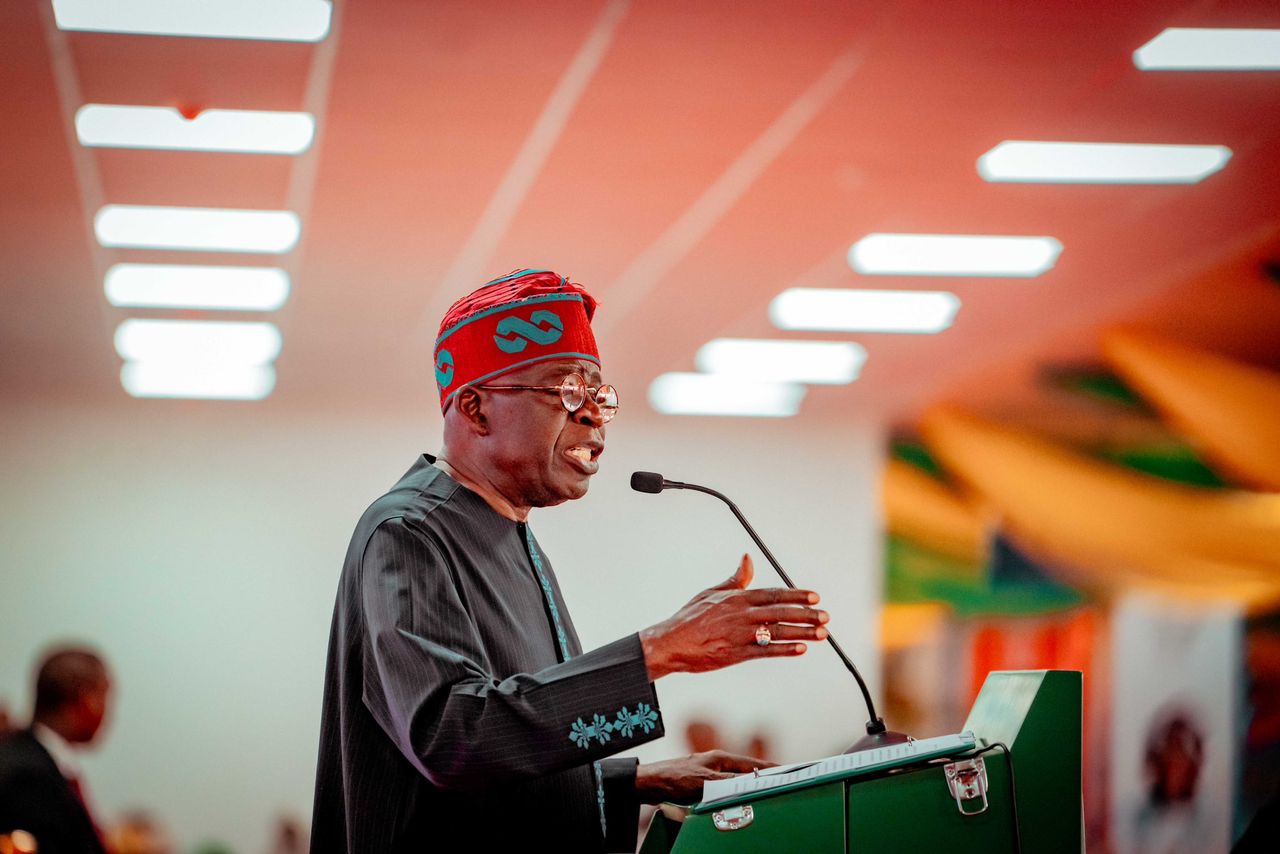Former Governor of Rivers State, Sir Celestine Omehia, has opposed the creation of state police, warning that many state governors lack the competence and neutrality required to manage such a security structure.
Omehia made this known in Abuja on Tuesday during an interview with the News Agency of Nigeria (NAN) while speaking on his new book, Restructuring Nigeria: The Way Forward.
According to him, giving governors control of state police would inevitably lead to abuse, particularly during elections, as many leaders pursue personal interests over public good.
“Many governors do not have an open mind for the general good of the people. They use whatever force is available for personal interest. In Nigeria, violence is already a political tool. Creating state police will simply hand governors an easy weapon to attack opponents during elections,” Omehia said.
The former governor, a lawyer, noted that although countries such as the United States, Germany, and the United Kingdom operate state police effectively, Nigeria’s disregard for constitutional limits makes such an experiment risky.
On electoral reforms, Omehia advocated retaining the Independent National Electoral Commission (INEC) but insisted that the commission’s independence must be guaranteed. He suggested that the INEC chairman and commissioners should be elected rather than appointed by the executive, and that the commission’s funding should be constitutionally protected.
“If INEC is to rely on the executive for funding, then you know the theory — he who pays the piper dictates the tune,” he said.
Omehia also proposed a new fiscal federalism structure where states retain 50 per cent of their revenue, remit the other half to zonal governments, which in turn would send 50 per cent of their collections to the federal government. This, he argued, would empower sub-national governments and bring governance closer to the people.
He stressed that restructuring should not be mistaken for a return to regional government, saying state creation had benefitted minority groups who were marginalized under the regional system.
Omehia said his book was inspired by persistent calls for restructuring from traditional rulers, academics, journalists, and other stakeholders who believe Nigeria’s governance system needs urgent reforms.




